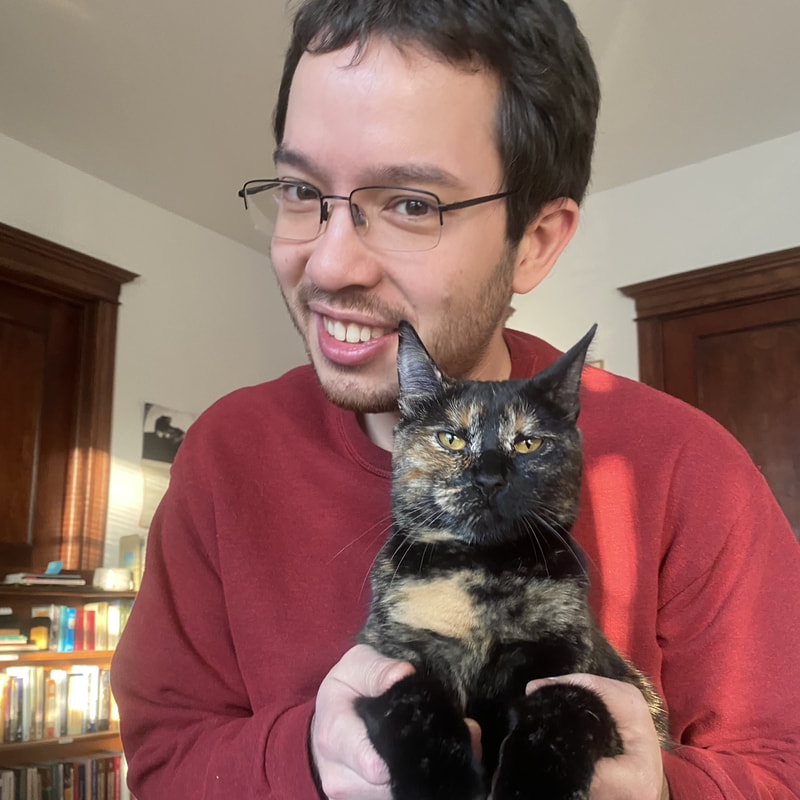|
Published in the opinion page, as a member of the Community Advisory Board of the Holland Sentinel, the newspaper of Holland Sentinel. Last Friday I enjoyed the privilege of taking the 2011 Advanced Placement U.S. History examination. Serenaded by the pounding drum line and blaring trumpets of the Holland High School marching band, I frantically shaded in lettered ovals to regurgitate my knowledge of America’s past and then dashed off three essays, taking care to pick arguments that could be defended simply and concisely. My mission: to weasel in as many points as possible so that the College Board’s all-important scoring formula might deem me a bona fide student of U.S. history. This was a chance to prove myself. Yet amidst the focus on one standardized, official assessment, I cannot help but feel a hollowness. On my AP U.S. history exam — and indeed all standardized exams — we test-takers work solely toward a score, a result that requires minimal consideration of the meaning and impact of the knowledge being tested. For too many, I think, this makes history a dull drill, a monotonous marathon of textbook-reading and text-based test-taking too abstract to connect to real life. History becomes a game for professors. The issue as I see it stems largely from study methods. Today, preparation for standardized test relies on “study guides” — books designed strictly to succinctly convey information and tactics for a given exam. An AP U.S. history guide that I borrowed, for instance, provides two practice examinations, outlines “correct” answers to common essay prompts, lists 675 key terms, and blazes through five centuries of American history in 91 packed pages.
To be sure, one could hardly find a more efficient way to achieve a top score, but does drilling through hundreds of terms, names and dates really foster any interest in the subject matter? Details and difficulties and debate — in short, all that makes history fascinating — are nice, but of course cannot be included in an ultra-condensed telling of half a millennium of culture, economy and politics. And so history becomes flat, a string of facts that has created the present and yet seems little more than a long tale about a bunch of long-winded dead people who wrote with quills and posed for portraits. Such test preparation is, of course, only intended to cement what’s been learned over the course of a year. But given that a year’s effort is evaluated in a single three-hour test, one cannot be surprised that these narrow regimens frequently become a principal driver of study. So emerges the true tragedy of testing — that in an effort to judge uniformly and fairly and economically, we cleanse history of its impurities, contradictions and ironies, which cannot be explained in a 1,000-page book, much less a 35-minute free-response essay. History emerges processed, packaged and pointless. Do alternatives exist? I propose one antidote. In my experience, little makes history more engaging and worthwhile than self-guided exploration of a topic. “Research” sounds frightening and can indeed easily drown one in a sea of complex papers, detailed books and massive archives that require hours to sort through. That said, I’ve found in each of my year-long National History Day research projects an epiphany of sorts, a realization born of a mess of information — knowledge about a topic’s facts, personalities, opinions, reactions and more — that aligns abstract points into a unified idea; a trend, movement, or pattern that connects the past with the present. History becomes a study that sparks wider thinking, a passion that will keep me engaged long after I seal my test and receive my scores. This, I believe, is what history is meant to be — intriguing and insightful, a guide to the chaos and contradiction of our little planet. This is history worth the work. |
Professionally...[my name] at yahoo dot com
|

 RSS Feed
RSS Feed
